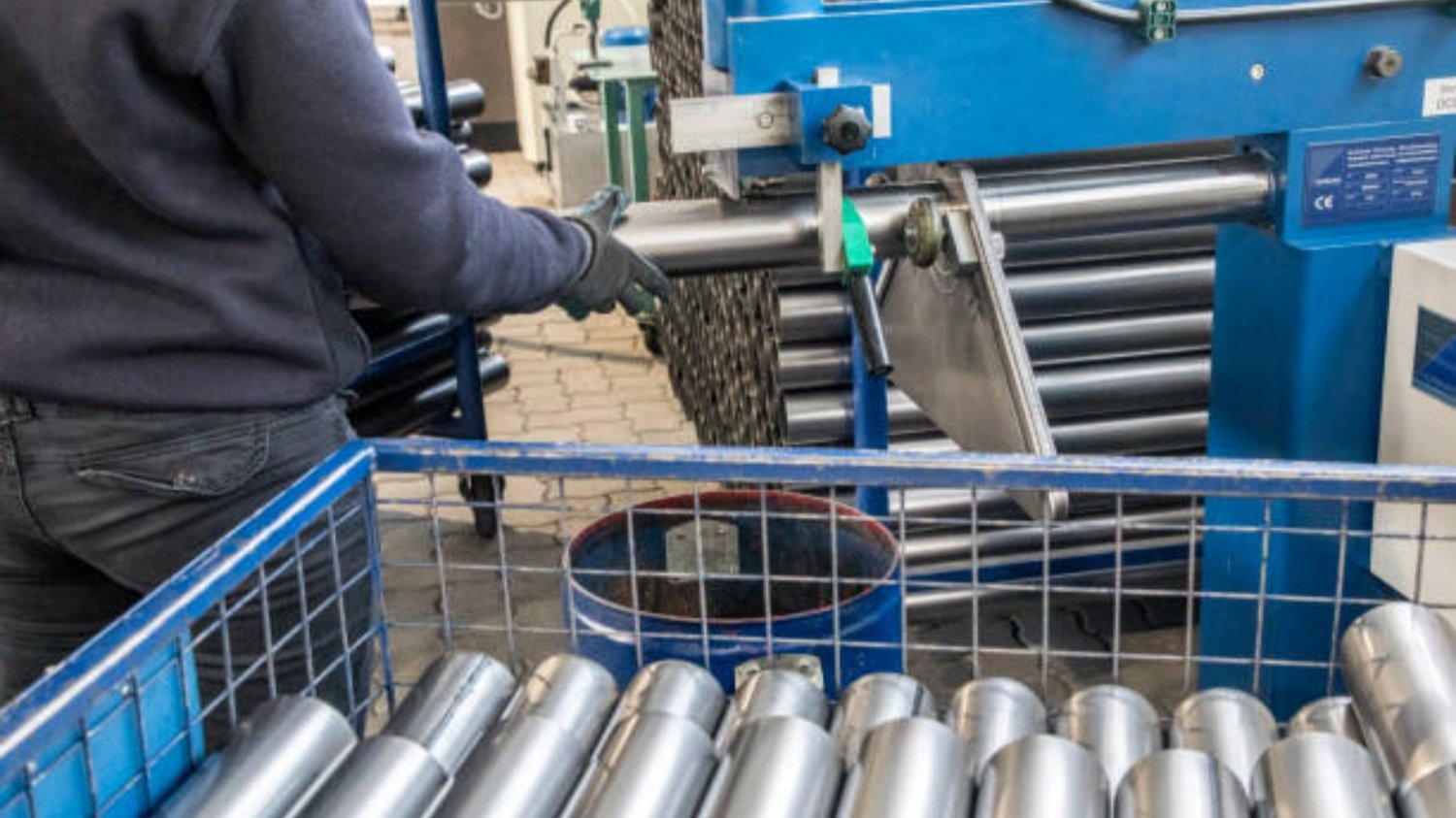The Importance of cold rolled steel machines in the Manufacturing Industry
Cold rolled steel machines are essential equipment used in various industries, especially in manufacturing. These machines play a crucial role in shaping and forming steel sheets or coils, resulting in high-quality, precisely finished products. Whether you are involved in automotive, construction, or appliance manufacturing, understanding the benefits of using a cold rolled steel machine can help you optimize your production processes and achieve better outcomes. In this article, we will explore the advantages of utilizing a cold rolled steel machine in different aspects of the manufacturing industry.
1. Enhanced Surface Finish and Dimensional Accuracy
One of the primary advantages of using a cold rolled steel machine is the superior surface finish and dimensional accuracy it offers. Unlike hot rolled steel, which undergoes high temperatures that can lead to imperfections and uneven surfaces, cold rolled steel is processed at room temperature. This process ensures that the steel maintains its desired shape and surface characteristics, resulting in a smooth, consistent finish and precise dimensions. Manufacturers can rely on cold rolled steel machines to produce high-quality products that meet strict industry standards.
2. Increased Strength and Durability
Cold rolled steel machines are capable of producing steel with enhanced strength and durability. During the cold rolling process, the steel is subjected to high levels of pressure, which compresses the metal and aligns its grain structure. This compression leads to increased hardness and tensile strength, making cold rolled steel ideal for applications that require strong and durable components. From structural beams to automotive parts, cold rolled steel machines enable manufacturers to produce materials that can withstand heavy loads and harsh operating conditions.
3. Tighter Thickness Tolerances
Another advantage of using a cold rolled steel machine is the ability to achieve tighter thickness tolerances. Cold rolling controls the thickness of the steel with precision, allowing manufacturers to produce sheets or coils with consistent thickness throughout. This level of accuracy is particularly important in industries where tight tolerances are required, such as automotive manufacturing or electrical equipment production. Cold rolled steel machines ensure that the final products meet the specified thickness requirements, minimizing the need for additional processing or adjustments.
4. Improved Surface Hardness and Uniformity
Cold rolled steel machines contribute to the improvement of surface hardness and uniformity in steel products. As the steel undergoes the cold rolling process, its internal structure becomes more refined and consistent. This refinement results in a higher degree of surface hardness, making the steel more resistant to wear, scratching, and deformation. Manufacturers can rely on cold rolled steel machines to produce components with a uniform surface hardness, ensuring consistent performance and longevity in various applications.
5. Excellent Formability and Machinability
Cold rolled steel is known for its excellent formability and machinability, which makes it a preferred material in many manufacturing processes. Cold rolling enhances the steel's ductility and allows it to be easily formed into complex shapes without compromising its structural integrity. This formability is especially beneficial in industries that require intricate designs or custom-made components. Additionally, cold rolled steel machines enable manufacturers to achieve precise machining results, making it easier to create intricate details or tight tolerances in the final product.
6. Cost-Effective Production
Using a cold rolled steel machine can lead to cost-effective production for manufacturers. Cold rolling reduces material waste by optimizing the steel's dimensions and minimizing the need for additional processing steps. The precise control over thickness tolerances also reduces the risk of producing out-of-spec parts, saving both time and material costs. Furthermore, the enhanced strength and durability of cold rolled steel can result in longer-lasting products, reducing maintenance and replacement expenses for end-users.
7. Versatile Application Possibilities
Cold rolled steel machines open up a wide range of application possibilities for manufacturers. Cold rolled steel can be used in various industries, including automotive, construction, appliances, and more. Its versatility allows manufacturers to produce different types of components, such as structural parts, panels, tubing, and even consumer goods. With the right cold rolled steel machine, manufacturers have the flexibility to adapt to changing market demands and explore new product opportunities.
8. Energy Efficiency and Environmental Benefits
Choosing a cold rolled steel machine contributes to energy efficiency and environmental sustainability. Compared to hot rolling processes, cold rolling consumes less energy as it does not require high temperatures. This reduction in energy consumption helps manufacturers minimize their carbon footprint and lower their overall operating costs. Additionally, cold rolled steel is often made from recycled materials, further reducing the environmental impact of its production.
9. Consistent Material Properties
Consistency in material properties is essential in manufacturing, and cold rolled steel machines excel in delivering this requirement. The precise control over the cold rolling process ensures that the resulting steel products have consistent mechanical and chemical properties. This consistency allows manufacturers to rely on the material's performance and behavior, making it easier to design and produce products that meet specific requirements. Whether it is for strength, corrosion resistance, or other critical properties, cold rolled steel machines provide manufacturers with a reliable material option.
10. Increased Productivity and Efficiency
Ultimately, utilizing a cold rolled steel machine leads to increased productivity and efficiency in the manufacturing process. The ability to produce high-quality steel components with tight tolerances and consistent properties reduces the need for rework and improves overall production yields. Manufacturers can streamline their operations, reduce downtime, and meet customer demands more efficiently. By investing in a cold rolled steel machine, manufacturers can enhance their competitive edge and achieve greater success in the market.

